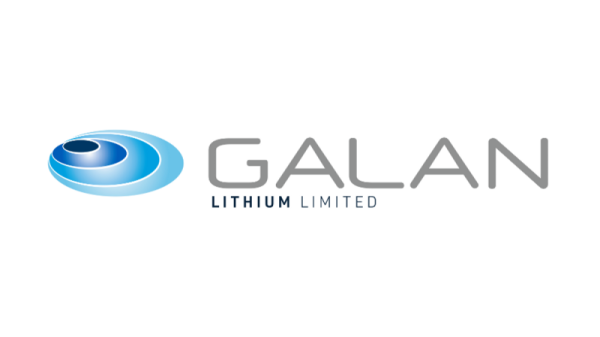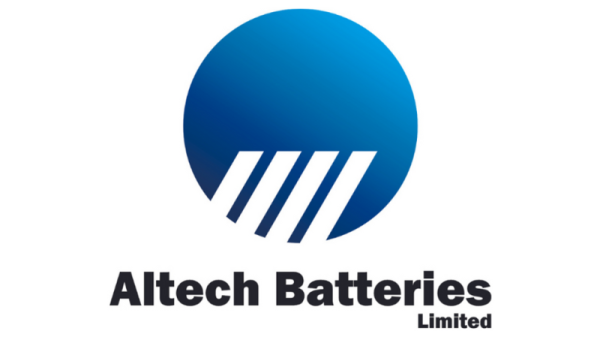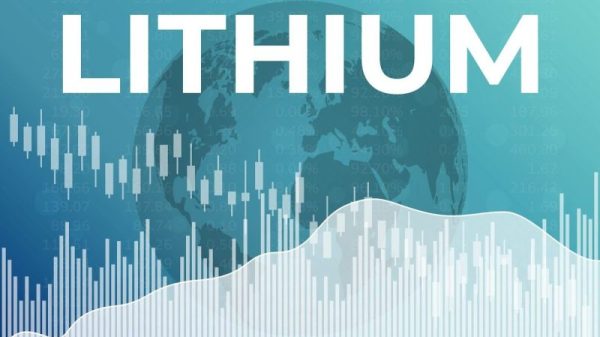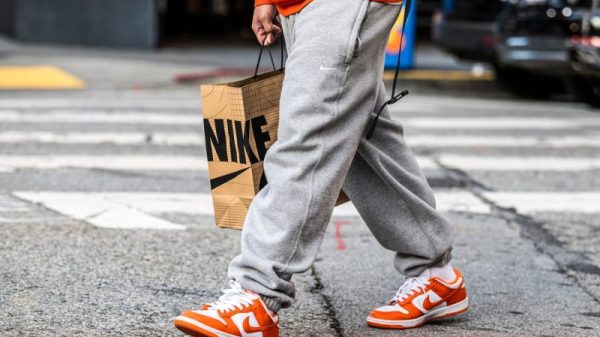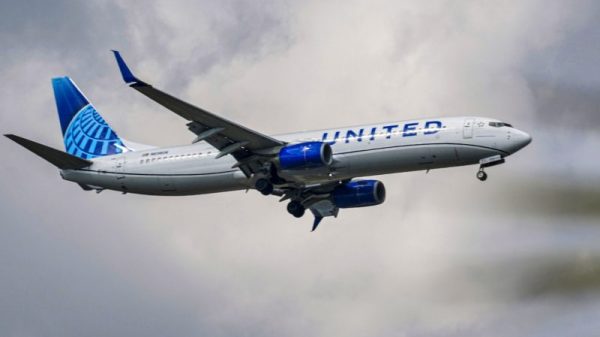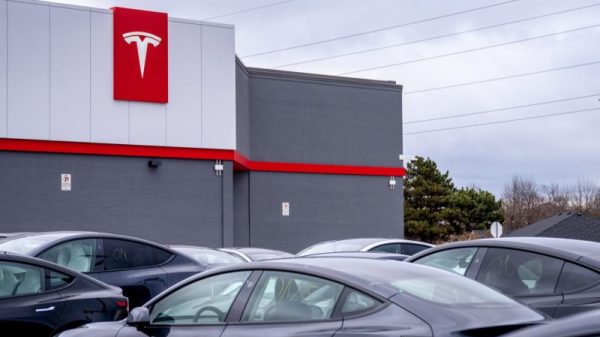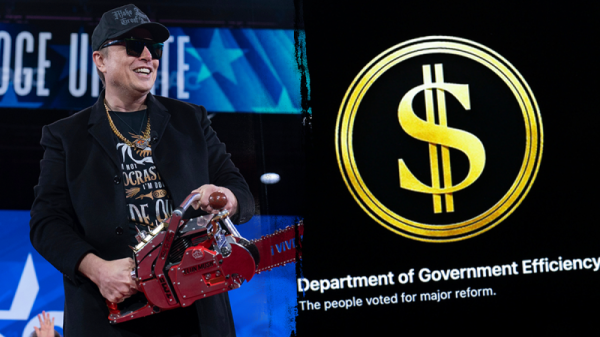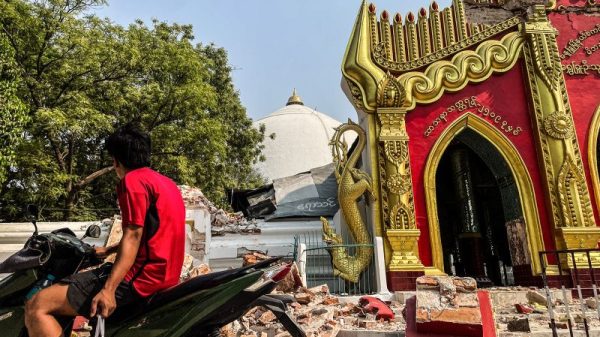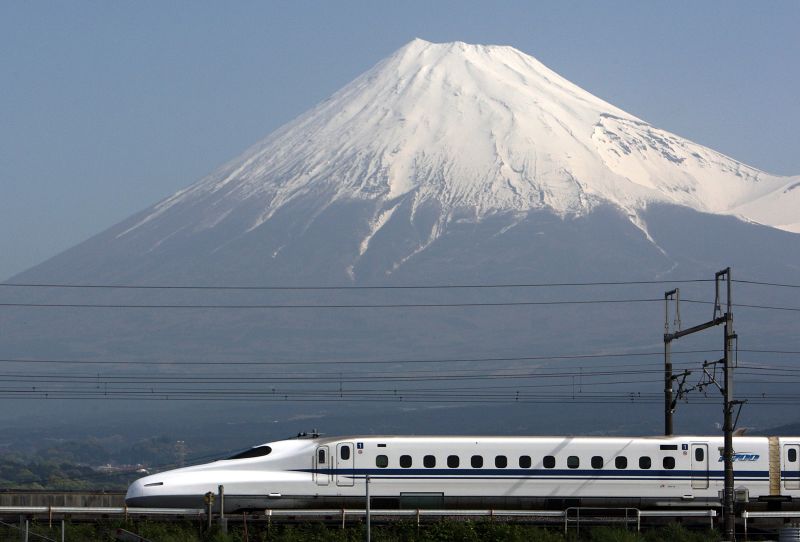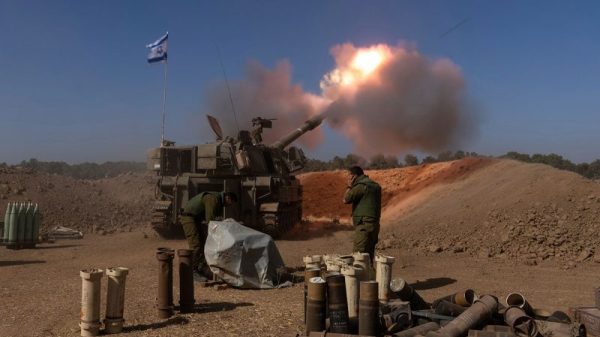Passengers on Japan’s super-fast bullet trains have long enjoyed ordering coffee, ice cream or boxed lunches from staff pushing a snack cart, savoring the treats as they whipped past landmarks such as Mount Fuji.
But faced with a looming labor shortage and a trend for more people to buy food before boarding the train, on-board snack cart services between the cities of Tokyo and Osaka will reach the end of the line on October 31.
Central Japan Railway said on Tuesday it would phase out the famed on-board snack cart services, in which a uniformed vendor dispenses beverages and light refreshments, pushing their cart through the aisles of the moving train and bowing as they enter or leave the carriage.
Snack and food sales have been a mainstay on the Shinkansen, or bullet train, since it began running in 1964, the year Japan hosted the first Tokyo Olympics, a railway spokesperson said, but it was not clear when the cart services began.
Japan’s otherworldly disappearing desert
The online response was despondent, with “Super-Cold Shinkansen Ice Cream” trending 5th on the X platform formerly known as Twitter and “In-Train Service” 6th within hours of the announcement.
“I remember that I enjoyed the ice cream every time I got on the train, and when I jumped on the last train without eating, I was saved by the sandwiches sold there,” one user said.
Passengers in first-class cars will be able to order food and drink using QR codes starting November 1, the railway company said.
“While cost reductions are important for a company, on-board snack cart services are also important for the enjoyment of the traveler’s experience,” another user wrote.


